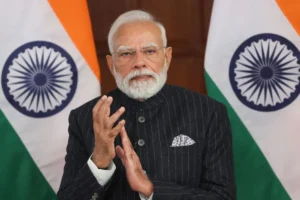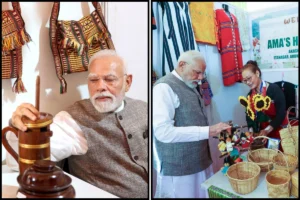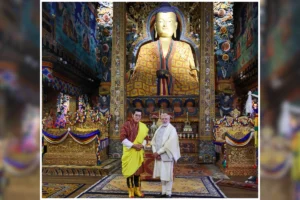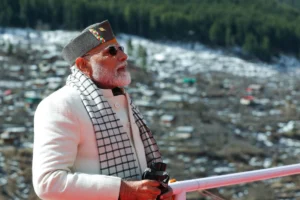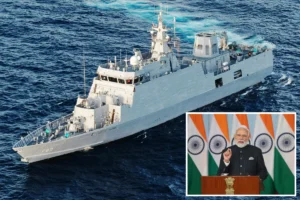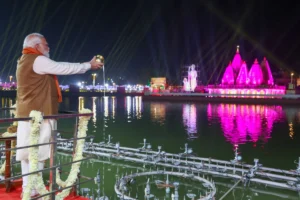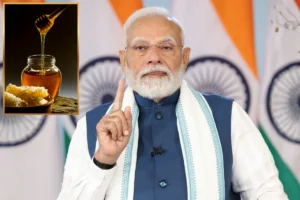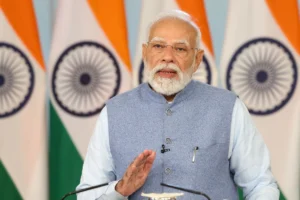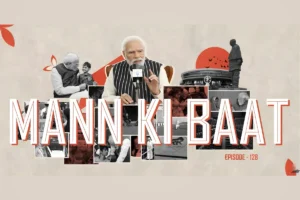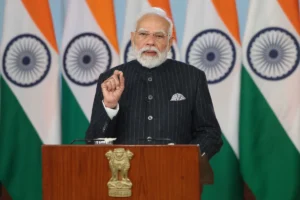
Chhota Rajan acquitted in 1997 Datta ..
A special CBI court acquitted criminal Chhota Rajan on Friday in a case involving the 1997 murder of trade unionist and former MP Datta Samant, stating that there was insufficient evidence to support his involvement in the crime’s planning.
No evidences found on record
According to the Special Judge A M Patil, “In this case, no incriminating evidence has come on record against the accused in respect of the conspiracy to murder Dr. Datta Samant.”
Samant, a resident of Powai, was shot at by four assailants on January 16, 1997, as he was traveling to his workplace in Pant Nagar, Ghatkopar. Samant was a resident of Powai. Samant, who had been shot 17 times, was pronounced dead when he arrived at the hospital.
Witness turned hostile
His driver, a major witness for the prosecution who also survived the attack, became hostile during the trial, Claiming that his own injuries prevented him from seeing the gunmen.
Three people, including the two shooters, were found guilty of the murder in 2000, and Rajan was listed as one of the case’s sought defendants. Rajan’s participation was later claimed by the police, who said that he had met a family member of one of the defendants.
Rajan, who had previously left the country, was apprehended in 2015 and brought to Mumbai from Indonesia. The CBI was then given custody of all open cases involving him. In August 2021, the murder trial against him got underway.
No new evidence has been discovered in the case, according to the CBI, during the course of the probe. Samant’s son Bhushan, who testified about seeing his father taken to the hospital following the incident, was one of the witnesses who was cross-examined during the trial.There were 22 witnesses in all who were questioned, and eight of them became hostile. The court ruled that crucial witnesses had become hostile and that the other witnesses’ testimony was insufficient to establish Rajan’s guilt.
Also read: South Delhi Man Kills a Woman With An Iron Rod After She Declines a Marriage Proposal
In his defense, the mobster, who is currently detained in Delhi’s Tihar Jail, claimed that he lived in Dubai from 1986 to 1993, following which he departed the city. He claimed that he was wrongfully accused in several cases, including this one, for reasons he was unaware of.
Nine people had been identified as defendants in the prior trial, which ended in 2000; three of them were found guilty. One of the two convicted shooters later passed away, but the Bombay High Court affirmed their life sentences in 2010. An accused Rajan gang member was also detained in 2005, but due to a lack of supporting evidence, he was found not guilty in 2009. The case still lists more suspects as wanted, including gangster Guru Satam.
Murder was a result of conflict between two unions
Also read: A Delegation of The I.N.D.I.A , Including 20 MPs, Will Visit Manipur For Two Days
The murder, according to the authorities, was the consequence of conflict between the unions at the Premium Automobiles Limited facility.
Samant’s driver said in court that he was operating the Tata Sumo on that terrible day when he saw a man 300 meters away connecting a gas cylinder to a bicycle in the middle of the road. He added that a young boy and an old woman were also close by the bicycle. The man threw the cylinder in front of the car as it drew nearer, forcing the driver to halt. Samant was then shot by four assailants—two from each side—resulting in his demise.
Samant, a doctor by profession , became involved with unions after witnessing workers’ difficulties while he was in practice. Later on, he rose to prominence within the Congress-affiliated Indian National Trade Union Congress. He brought up concerns for mill workers over pay raises, improved working and living circumstances. In Maharashtra, he was elected as a Congress legislator in 1972, but he was threatened with arrest during the Emergency.
Samant led the protests and a general strike that started in 1982 and lasted more than a year with the participation of over 2 lakh workers when a dispute erupted between mill owners and trade unions over workers’ demands. The Mumbai textile factories were ultimately forced to close due to the walkout.
In 1984, Samant was elected to the Lok Sabha as an Independent despite the sweep by the Congress led by Rajiv Gandhi.
To read more such news, download Bharat Express news apps









